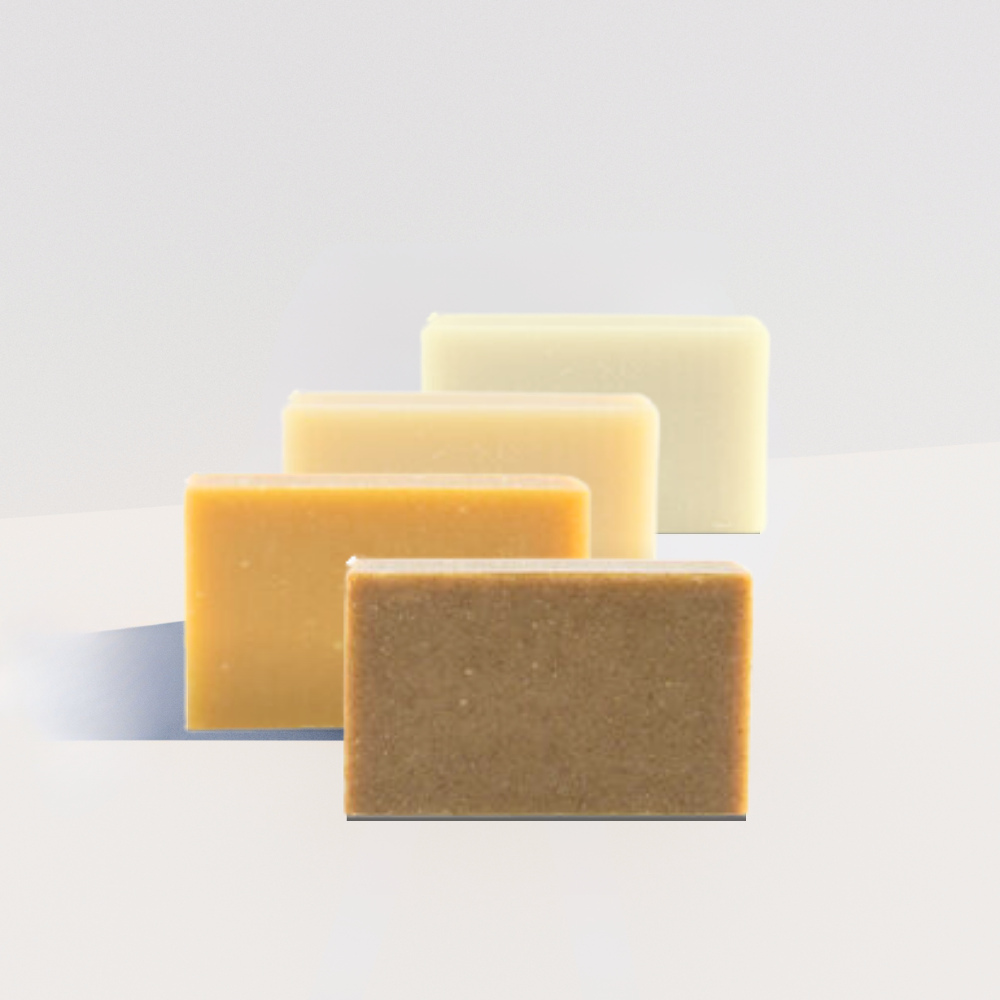We don’t need to be environmentalists to understand that one of the main concerns of the twenty-first century is plastic waste. As consumers, we may change some of our daily habits to lessen the impact we have on the environment. Single-use plastics make up 40% of the 400 million tonnes of plastic generated annually. Shampoo bottles are one such item that generates a substantial volume of single-use plastic garbage. Let’s look at some zero waste and more environmentally friendly best shampoo bar solutions.
How much garbage is produced by shampoo bottles?
An American consumes 11 bottles of shampoo on average per year. This results in a significant amount of plastic being produced in a family’s annual household garbage. A typical plastic bottle takes between 70 and 450 years to decompose. In other words, every shampoo bottle you’ve ever used is still lying whole in a landfill somewhere in the world.
The answer is to switch to other products that perform similarly to shampoo but have safer components and alternative packaging. Shampoo bars are the most obvious option among these substitutes.
What is a shampoo bar made of zero waste?
A bar of soap and a shampoo bar are analogous. Customers purchase solid shampoo bars, which when placed in water start to lather. Bar shampoo is fantastic since it can be produced and packaged without the use of plastic, minimizing waste and carbon emissions. Because they give customers the chance to do away with plastic bottles, these are especially useful for those leading a zero waste lifestyle.
This article does contain some affiliate links, which means that if you choose to make a purchase, The Honest Consumer may receive a commission at no additional cost to you.

Utilizing a Shampoo Bar
Run the bar under water in the shower and start rubbing it like a bar of soap. A decent shampoo bar ought to begin to lather. Apply some to your hands and start massaging your scalp and hair with it. I’ve learned that rubbing the best shampoo bar straight on my hair works because I have thicker hair.
This is not true for all shampoo bars, though, as some shampoo bars may include a lot of cleaner, which could leave behind a waxy residue.
Simply put, it depends on your hair and the shampoo bar. Be patient, finding a shampoo bar that works well for your hair can take some time. Following the lathering and rinsing of the shampoo, use a conditioner bar.
SHAMPOO BARS: HOW TO STORE
The secret is to keep your shampoo bar dry when not in use. The shampoo bar will eventually get mushy if it cannot dry. I’ve been using these storage bins, which are fantastic because they have slits at the bottom that let your shampoo bar drip dry. Metal storage tins are an additional option.
Advantages of Shampoo Bars
Shampoo bars are superior to traditional shampoo in many ways. The main benefit is that they outlast shampoo bottles; for example, a 100 gram bar can often survive up to 80 washes. Since one shampoo bar typically lasts six months, you only need two or three each year.
The majority of shampoo bars are produced by businesses that care about the environment and are aware of the negative effects of shampoo in a bottle. Consequently, they typically contain fewer chemicals than regular shampoos. They also aid in restoring your hair to its former state of being lustrous and full by washing away chemical residues left over from regular shampoos. The absence of plastic packaging in shampoo bars is a clear advantage.
By switching to the best shampoo bar, this waste can be greatly diminished. The majority of shampoo bar firms also make an effort to package their products in environmentally friendly materials like paper and bioplastic. They are fantastic for travel because they are compact, lightweight, and simple to carry. As they are not liquid, you wouldn’t have any issues bringing them on a plane as carry-on luggage!
What potentially dangerous substances should you watch out for when buying shampoo?
Although shampoo bars are much better for your hair than conventional shampoos, there are still a few things to look out for when purchasing them. Shampoo bars typically don’t contain “dirty” substances, however some of them are made of the same ingredients as regular shampoos.
You should be cautious of the usual sulfates, parabens, phthalates, triclosan, and dimethicone ingredients, even in shampoo bars. These are unfavorable ingredients included in shampoos and shampoo bars that might damage your hair’s health and pollute the environment.

